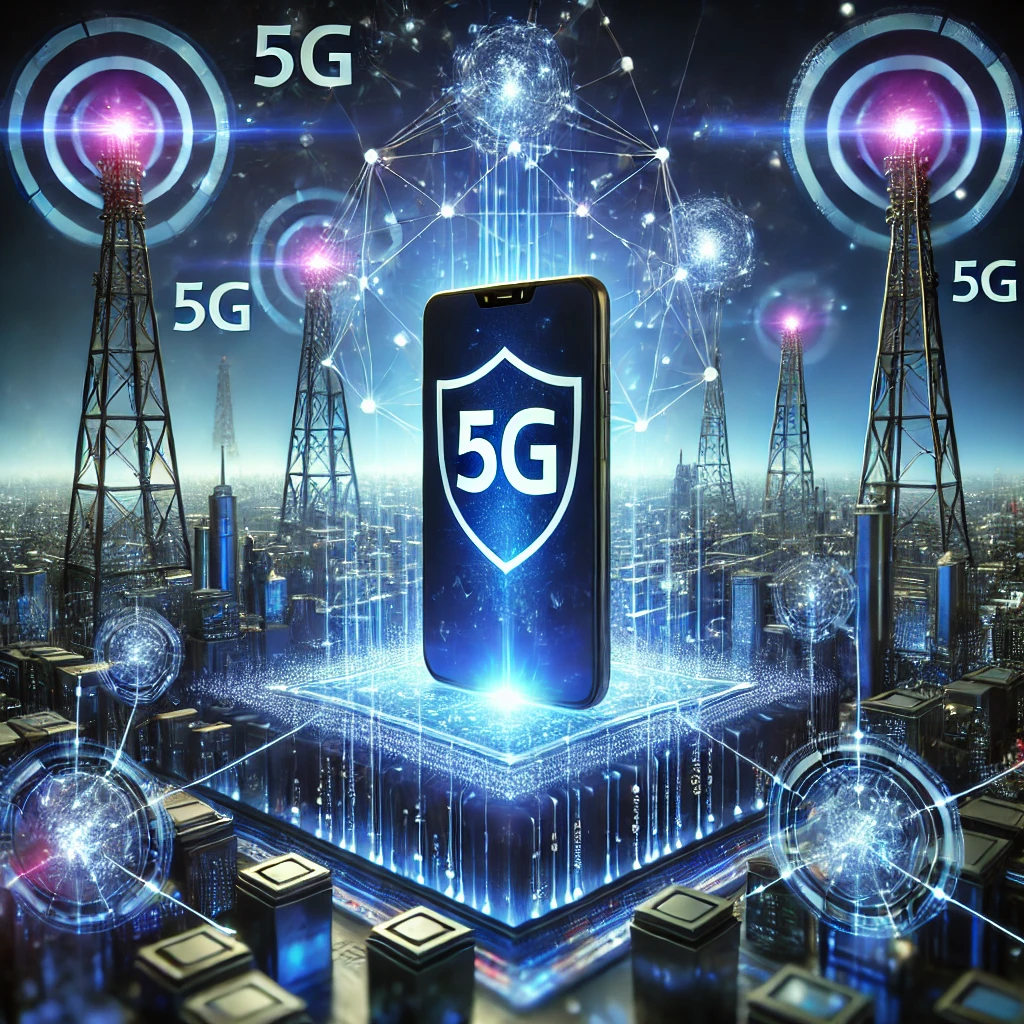The introduction of 5G—the fifth generation of mobile network technology—is about to shake up industries across the board, and engineering is no different. With super-fast speeds quick response times, and the power to link up loads of devices at once, 5G has the potential to make engineers’ work, teamwork, and project execution better. In this piece, we’ll take a look at how 5G is expected to cause a revolution in engineering projects and boost overall productivity.
Quick Speeds to Move Data Better
One of the key aspects of 5G is its super-fast speeds. 4G networks can hit speeds up to 1 Gbps, but 5G can reach speeds of up to 20 Gbps. This big jump in speed lets engineers move huge files, like blueprints, designs, and high-quality images, in a flash with any wait time.
How It Helps Engineering Projects:
- Quick Teamwork: Engineers in different places can share key info and work together right away making team efforts run smoother.
- Fast Testing: With quicker data sharing, engineers can run tricky simulations or tests faster, which helps to speed up project schedules.
Low Latency: Real-Time Communication
Another breakthrough feature of 5G is its extremely low latency, which refers to the time gap between sending and receiving data. 5G can cut this delay to just 1 millisecond making communication almost instantaneous. This has a significant impact on industries that need real-time updates, like remote operation of machinery or robots in construction.
How It Benefits Engineering Projects:
- Remote Equipment Control: Engineers can operate machinery and construction tools from a distance with almost no delay boosting on-site efficiency.
- Enhanced Precision: The minimal lag time helps engineers improve accuracy in drone surveys or robotic tasks where exactness matters most.
Better Connectivity for Smart Devices
5G enables numerous Internet of Things (IoT) devices to connect at once. These devices include sensors, cameras, and self-driving cars. For engineers, this means they can monitor machines, infrastructure, and equipment non-stop in real time, which boosts productivity and safety.
How It Helps Engineering Projects:
- Smart Buildings: Engineers can create buildings with IoT sensors to manage features like lights, heating, and security using live data.
- Preventive Maintenance: IoT sensors can warn when machines might break down, so engineers can fix problems before they cause expensive delays or safety issues.
The Role of Augmented and Virtual Reality (AR/VR)
The blazing speed and minimal delay of 5G networks enable AR and VR technologies to function more than ever before. These tools depend on quick dependable internet links, which 5G delivers. Engineers can now use AR and VR to visualize designs and fix problems from afar.
How It Helps Engineering Projects:
- Better Design Reviews: AR or VR allows engineers to examine 3D models of projects leading to smarter choices before they start building.
- Remote Assistance: When problems pop up on-site, engineers can guide workers through solutions in real time using AR, without having to be there in person.
Supporting Drones and Autonomous Vehicles
5G has a significant impact on boosting the performance of self-driving vehicles and drones, which engineers use more and more in their projects. People often use drones to survey building sites or check infrastructure, while self-driving vehicles can move materials without human help. Thanks to 5G, these machines work better because they get faster more dependable signals.
How It Helps Engineering Projects:
- Self-Driving Machinery: Construction equipment such as bulldozers and cranes, can operate on their own. This cuts down on the need for human operators and has a positive impact on both productivity and safety.
- Drones for Inspections: Drones can gather data from areas that are hard to reach and transmit it . This speeds up the inspection process and lowers the risk of accidents.
Challenges to Consider with 5G
Although 5G offers many advantages for engineering, some hurdles need addressing before it can become a part of every project.
Possible Issues:
- High Costs: Setting up the infrastructure needed for 5G—like putting in antennas and base stations—can cost a lot for big engineering projects.
- Security Risks: As 5G networks connect more devices, we face bigger cybersecurity worries. Engineers need to make sure all connected systems are safe to stop possible data leaks or system breakdowns.
